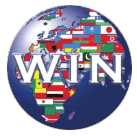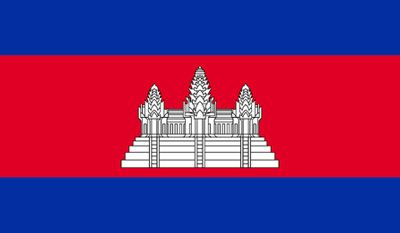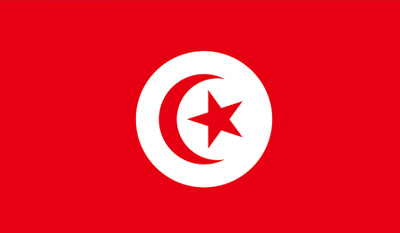Day 26
Cambodia
Cambodia, today we bless you in the Name of Jesus with a commitment to making good decisions that will bless and lead this nation to prosper.
Bless the government to be free from corruption and not threatened by the control of China or other nations. May they know God’s strength to stand on their own feet and make decisions to benefit this nation with God’s wisdom.
Bless Christian ministries that help the Church be free from the difficulties of poverty and poor life decisions. Pray for sound teaching to help the Church to grow.
Thank you, Lord, that you do not look down on this nation, but You have good plans to bring blessing to its people. We ask You to release Your intents and purposes in a fresh way this year (The Bible, Proverbs 3:5-6).
Cambodia is notorious for the Khmer Rouge and landmines. That was 40 years ago, though, and the nation has enjoyed relative peace since then. Even so, the news still frequently reports on hidden landmine explosions that leave people limbless. Last year, the former head of state of the Khmer Rouge appeared before the Extraordinary Chambers in the Courts of Cambodia (ECCC) appealing his 2018 conviction for genocide, however, the court finally upheld his conviction and sentence of life in prison, closing the court case that began in 1997. Cambodia is a poor nation; corruption runs rampant and human trafficking and the sex industry thrive. One-third of Cambodians live on less than one dollar per day, yet it is still one of the region’s fastest-growing economies. Prime Minister Hun Sen has ruled the nation for 38 years, ruthlessly removing opposition, and again won this year’s elections. The small population of Christian Believers has also enjoyed relative peace, although mission work is scorned. Cambodia remains a non-militant Buddhist state.
Day 26
Tunisia
Bless Tunisia, in the mighty Name of Jesus, is going through degradation of the political and socio-economic situations and desperately needs good, strong, and democratic leadership.
Bless the Black African foreigners in Tunisia, as they are facing violent attacks and collective expulsions due to skin color discrimination and have lost money and personal belongings.
Bless the Tunisian Churches and Christian Believers to impact the lifestyle of Tunisians dominated by Islam with the love of Jesus and the message of salvation.
Pray for Churches enduring stiff persecution and threats against gathering for worship to share the liberating Gospel of Christ and be victorious through Him (The Bible, 2 Corinthians 3:17).
Tunisians of the modern times are the descendants of indigenous Berbers and people from numerous civilizations that have invaded or migrated to Tunisia many years back. The Arab Spring has caused the country to have one of the most progressive and open societies in the Arab world. Today the Tunisians are frustrated with high unemployment, corruption, political oppression, and poor living conditions in the country. As people have started protesting the government had to make a number of changes. But it has made way for protests all across the Arab world. The new constitution has paved the way for progress in many avenues. The government is still struggling with huge challenges like unemployment of youth and dwindling economic status in the country. The Christian Believers are constantly facing widespread threatening situations. The security officers are continuously monitoring their gathering for worship.





